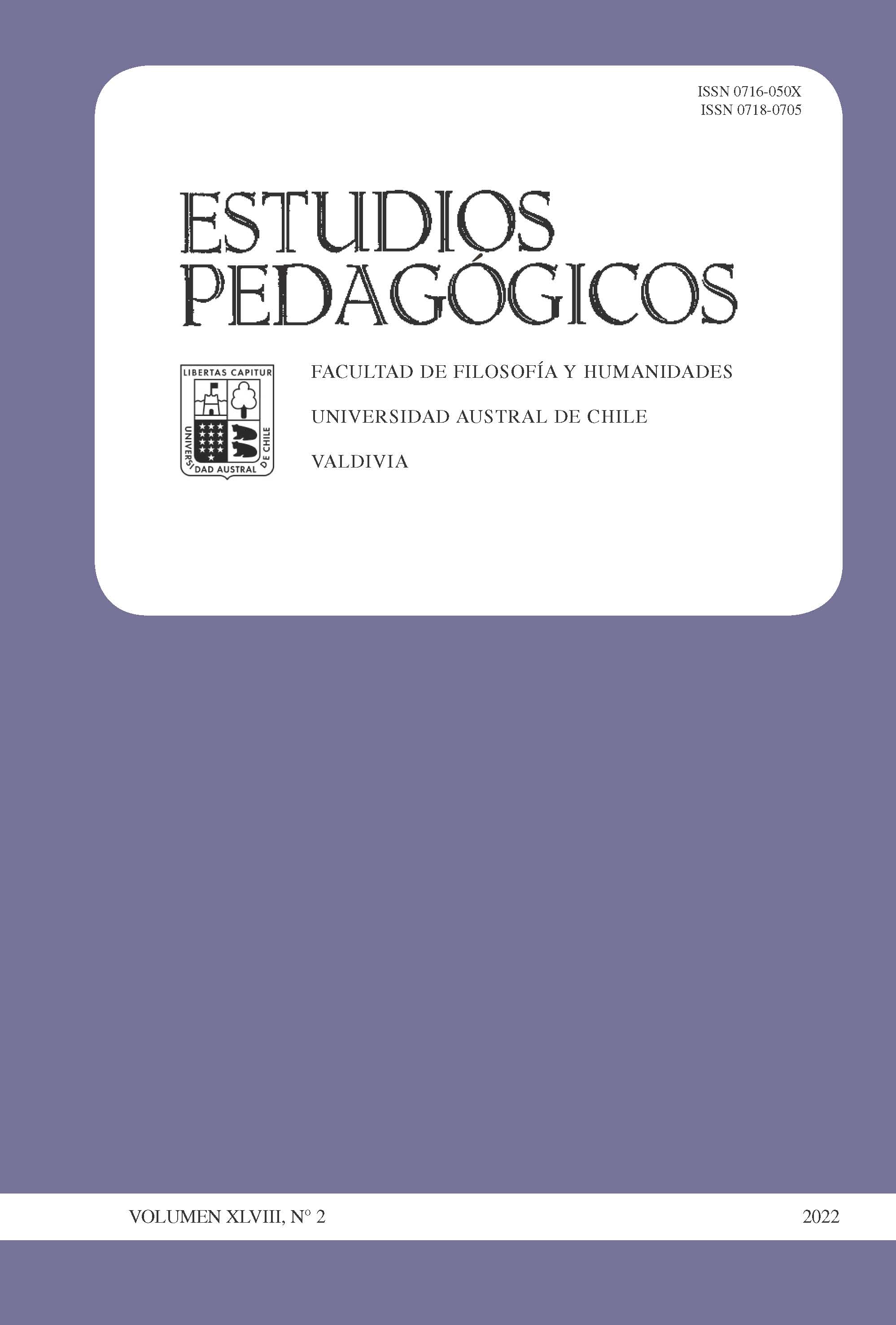Incidence of Algorithmic Thinking Skills in Problem-Solving Skills: A Didactic Proposal in the Context of Basic Secondary Education
Main Article Content
Abstract
The curricular structure of mathematics in Colombia establishes problem solving as the general objective of elementary and middle school education. On the other hand, the growing interest in the development of algorithmic thinking in some international curricula, has opened the importance of its reflection for mathematics education. Based on the assertion that algorithmic thinking is a form of problem solving, a systematic review process was applied in education, between January 2015 and June 2020, on the concepts of algorithmic thinking and problem solving. The aim of this article is to present the main findings of the systematic review around how algorithmic thinking skills impact on problem-solving skills in the context of basic secondary education. Of the 66 articles selected, 44 presented considerable contributions to the conceptual configuration of the objective. It was found that the studies established only theoretical relationships between the concepts and no empirical evidence was found that they were established as interdependent variables. Given the latent relationship between algorithmic thinking and computational thinking, the use of the concept of algorithmic thinking in the school educational context is suggested because of its close connection with mathematical knowledge and thinking. In this sense, algorithmic thinking skills can serve as a didactic strategy that contributes to the development of problem-solving skills and thus meet the educational challenge demanded by the 21st century in an increasingly problematized world.

